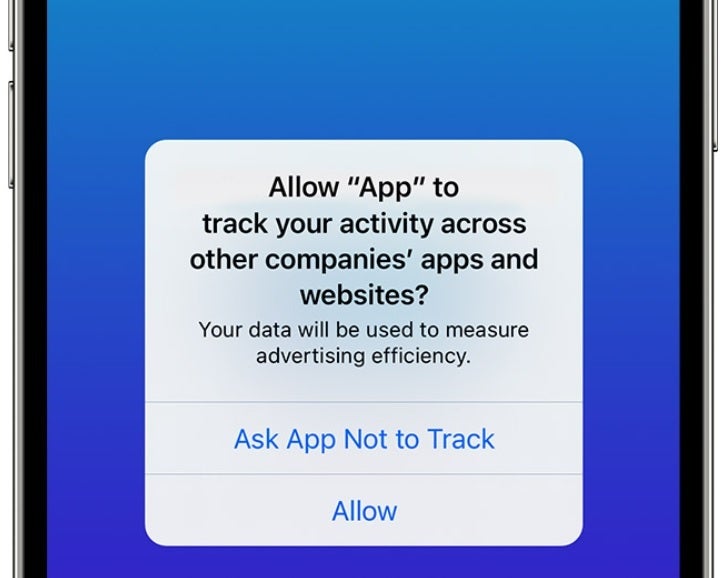Despite Apple’s App Tracking Transparency, some apps continue to track users who opted-out
As Seufert says, “Anyone opting out of tracking right now is basically having the same level of data collected as they were before. Apple hasn’t actually deterred the behavior that they have called out as being so reprehensible, so they are kind of complicit in it happening.”
Another workaround is based on “probabilistic” methods of user identification which many believe is permitted by Apple since it is based on temporary data instead of permanent device IDs. However, Apple didn’t comment when asked if its rules distinguish between fingerprinting and “probabilistic matching.”
Apple faces litigation if users who opted-out are still being tracked
Apple has been telling users that once they choose to opt-out of tracking, third parties can no longer track them. But if this is not the case for one reason or another, Apple could find itself back at its home away from home: the courtroom.
O’Brien states, “Apple may find this out the hard way, as Google has in the past, if the company is hit with lawsuits for misleading customers in regard to privacy. Just as it was discovered that Google’s location history was never actually turned off in 2018, I think we will find that Apple still allows apps to peer into the windows of consumers’ lives.” In 2018, Google continued to track Android users even when they had turned off their Location History settings.
Some of what Google said mirrors the comments made these days by Apple. Check out Google’s comments from three years ago: “Location History is a Google product that is entirely opt-in, and users have the controls to edit, delete, or turn it off at any time […] we make sure Location History users know that when they disable the product, we continue to use location to improve the Google experience when they do things like perform a Google search or use Google for driving directions.”

